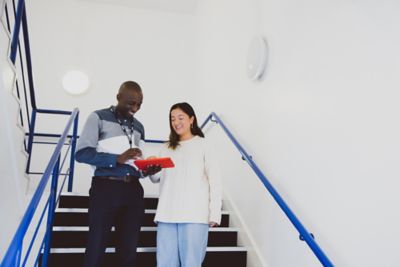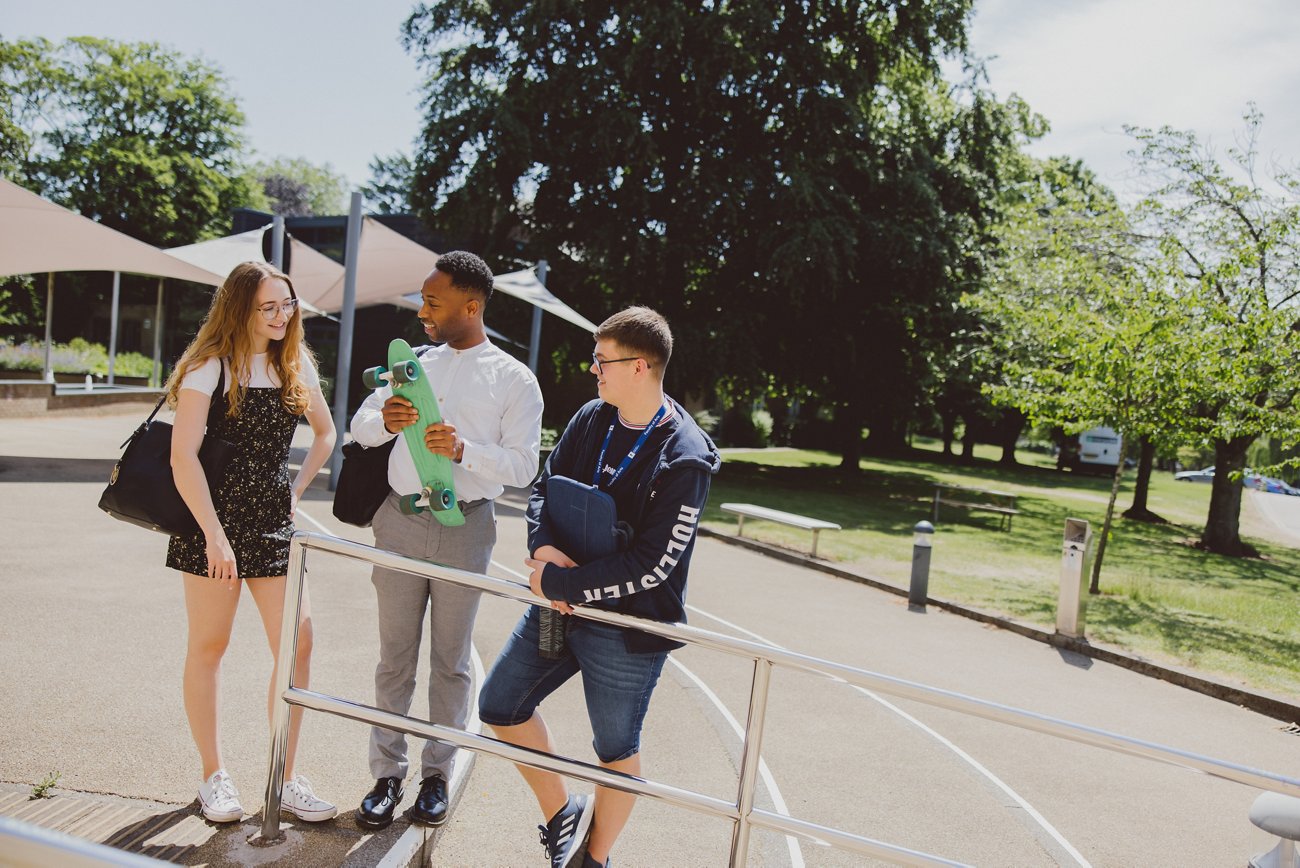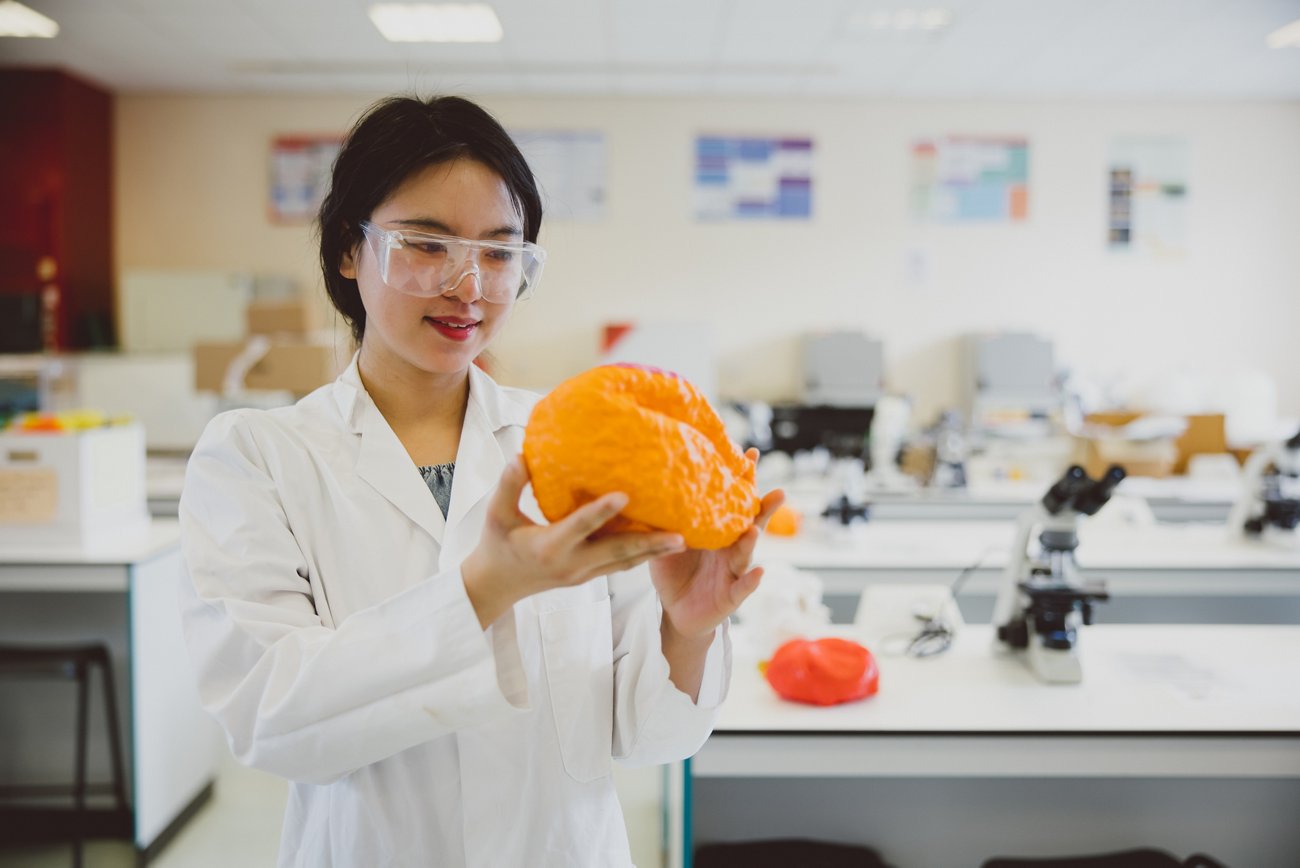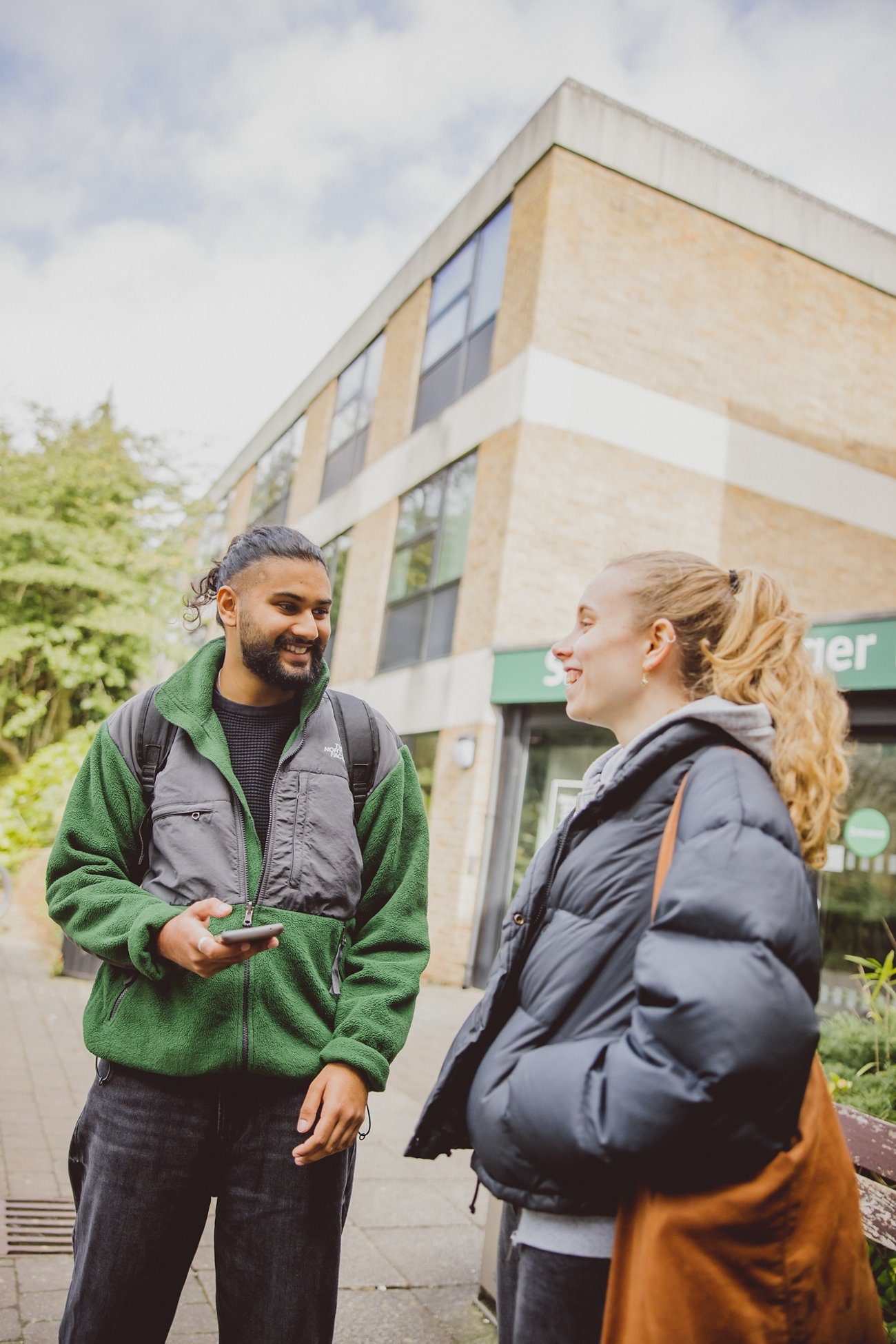Real-world education experience through an optional placement module
The benefits of a professional placement are numerous. By participating in a placement, students can gain a wide range of skills that are directly applicable to their chosen career and enhance their knowledge and expertise in the subject.



